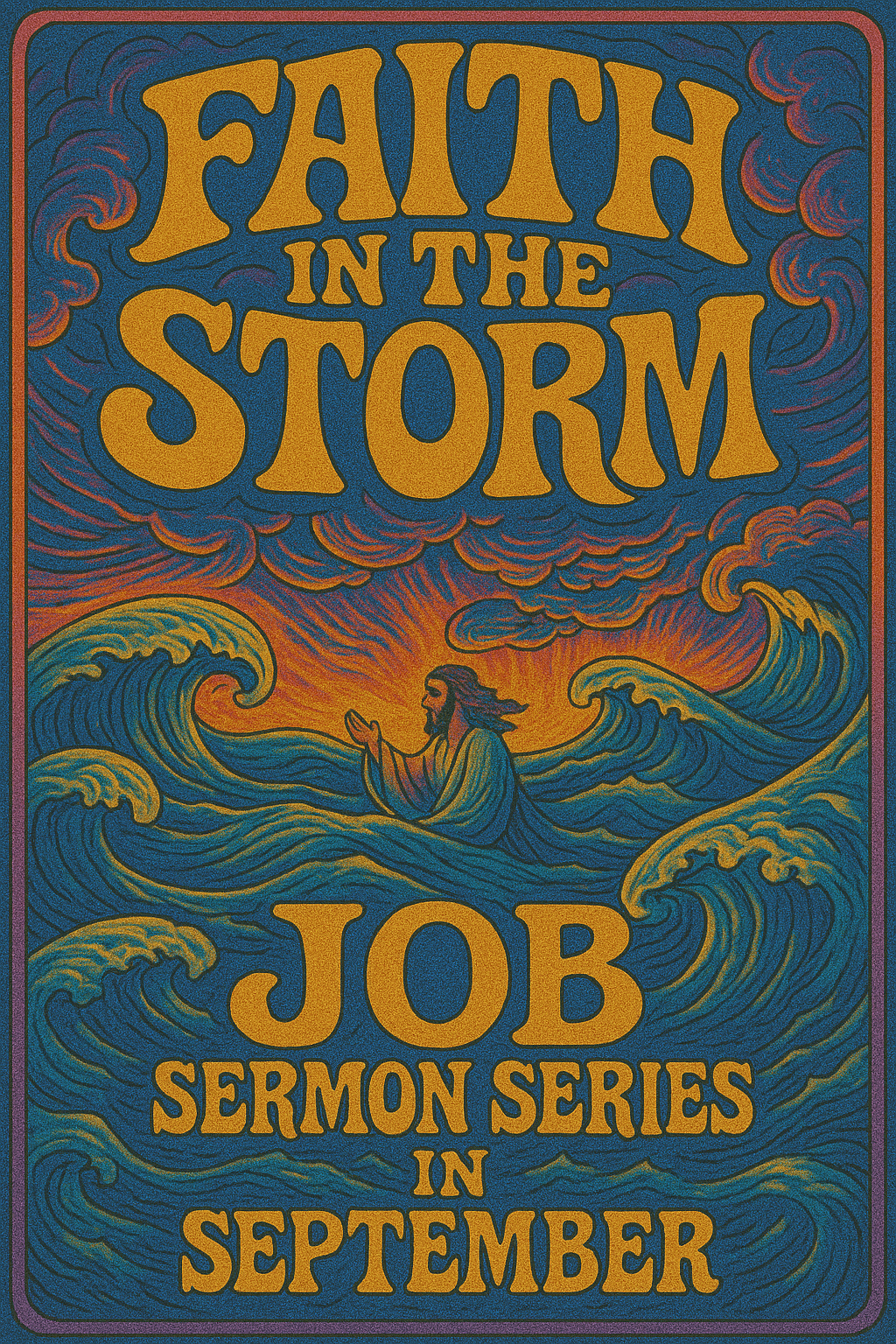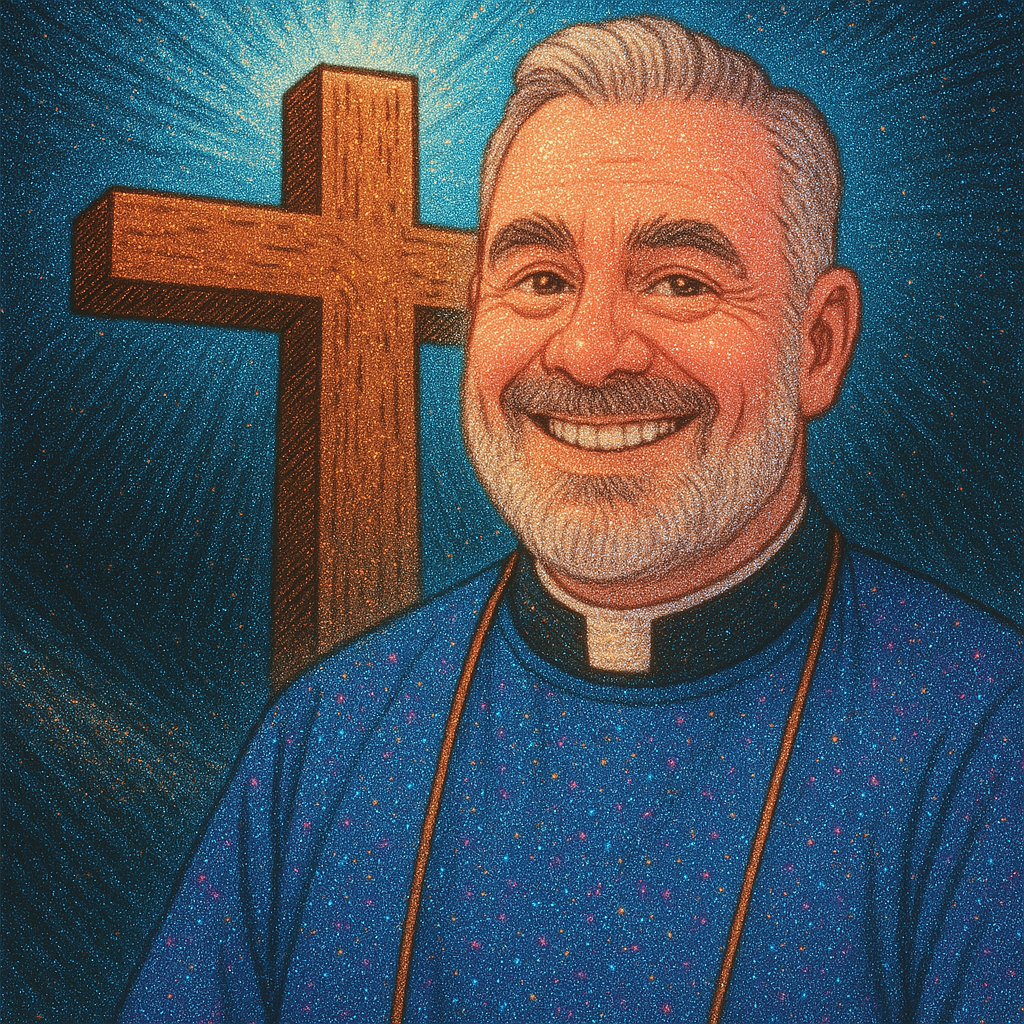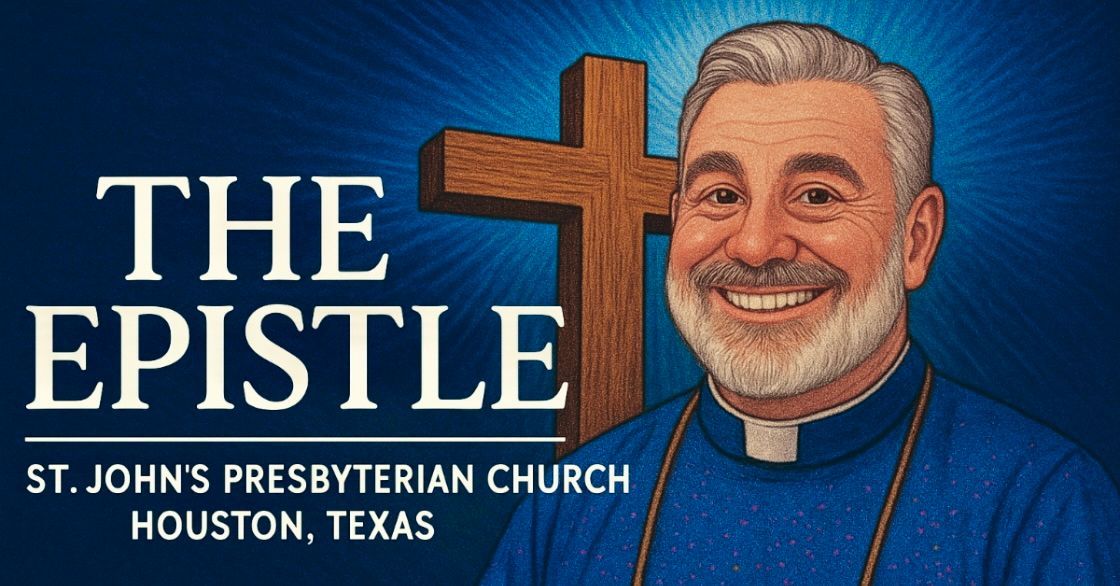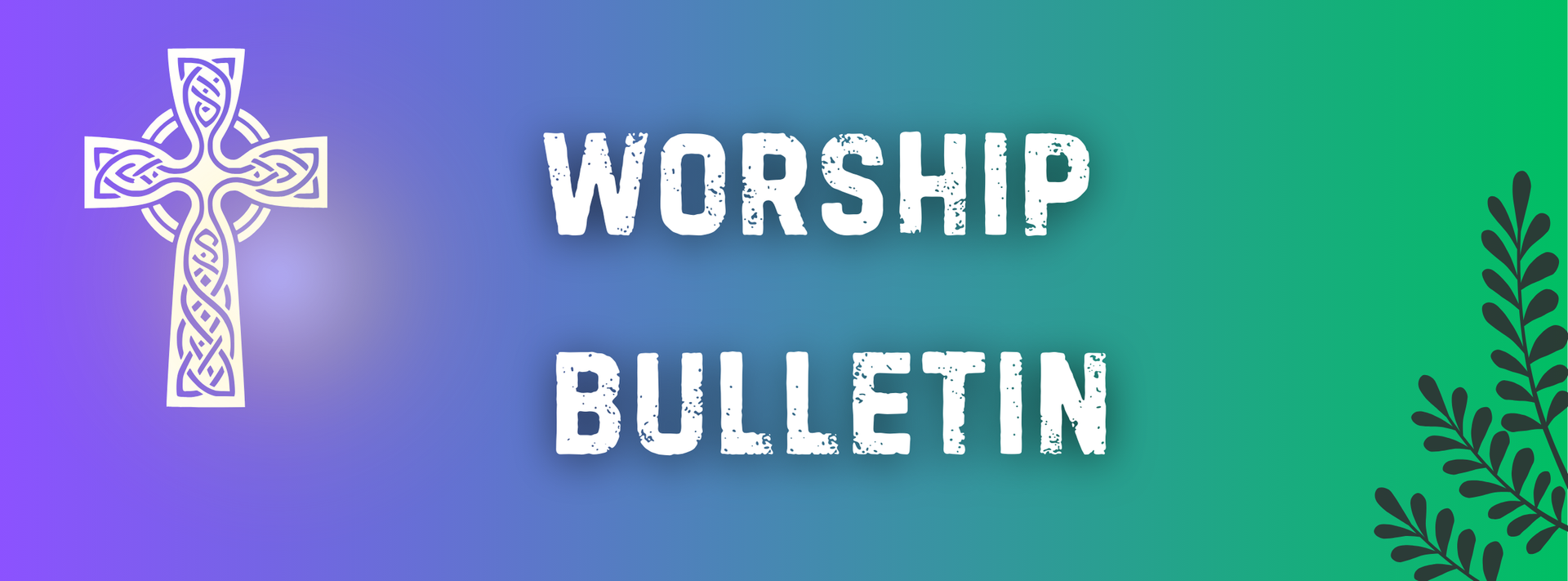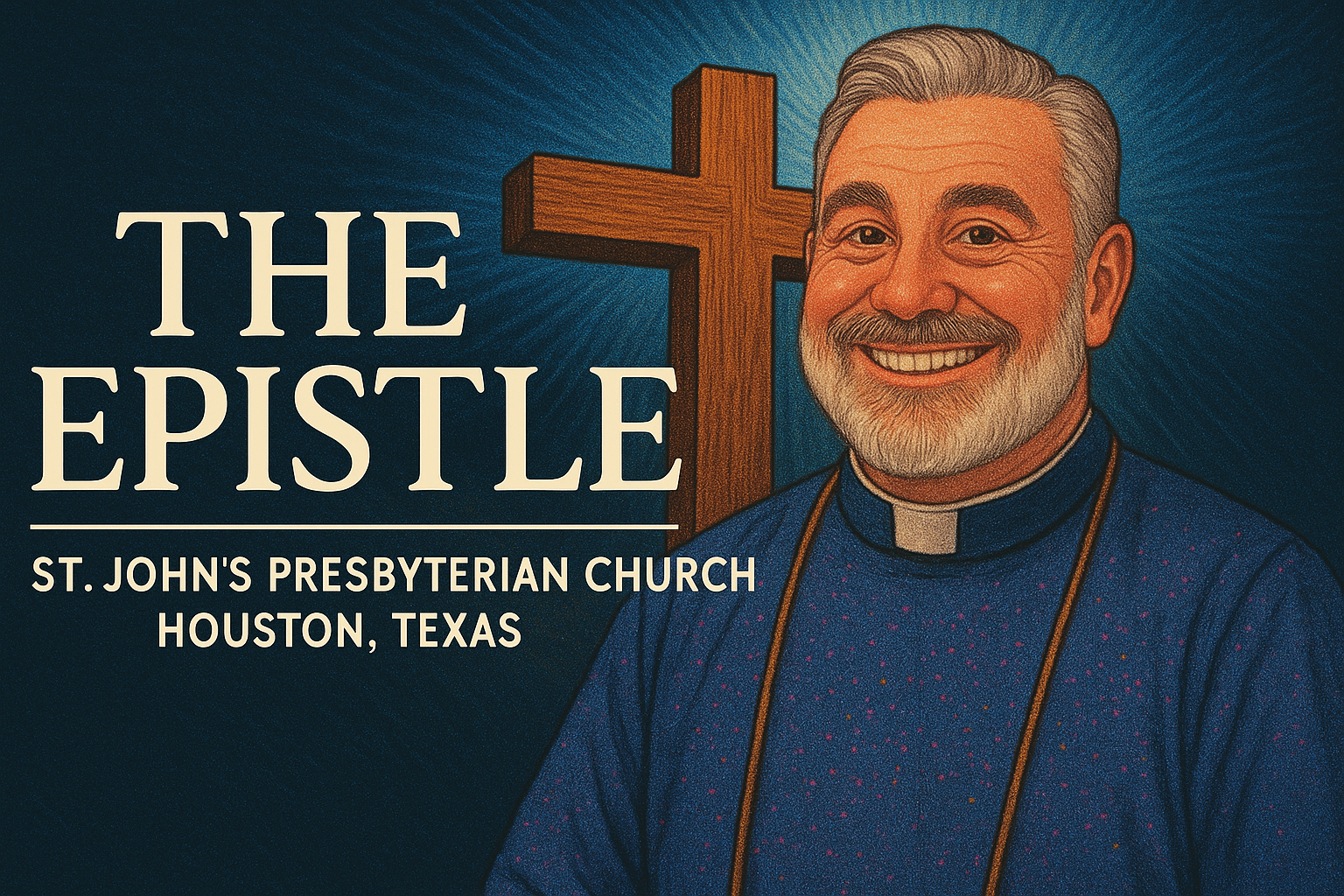Trusting God in the Midst of Loss
Job Series: Sermon 1 of 5
September 7, 2025
Sermon texts: Job 1:1–22; James 1:2–4
⸻
Introduction
Brothers and sisters, the storm always comes. Not if, but when.
Job knew this truth. He was blameless and upright, a man of great faith and even greater fortune. And then in a single day, a chain of disasters ripped through his life like a hurricane through a house of glass. His wealth was gone, his children were gone, his future was gone. And still Job fell to the ground and said, “The Lord gave, and the Lord has taken away; blessed be the name of the Lord.”
That sentence is one of the most breathtaking acts of faith ever spoken. Imagine it. Ashes still clinging to his clothes. Fresh graves still waiting in the field. His world ending, yet his worship rising.
How do you do that? How do you bless when all you want to do is curse? How do you trust when your trust has been torn to shreds? That’s our question today. And it is more than theory—it is survival. Because storms will come. The question is: who will we be when the storm comes for us?
⸻
1. Naming the Storm
Let’s be clear—loss is not polite. It does not knock. It barges in uninvited, rearranges the furniture of your life, and leaves you staring at empty chairs.
Some of you know this deeply. You’ve buried someone you love. You’ve sat in the doctor’s office when the diagnosis wasn’t good. You’ve watched a job disappear, a marriage unravel, a dream dissolve.
One man I knew built his whole life around a small family business. For thirty years he poured himself into it. Then came one economic downturn too many, and the bank took the building. He told me, “It felt like they didn’t just take the business—they took my name, my story, my identity.”
That’s how storms feel. They strip us down. They shake us to our core. And if we’re honest, they make us wonder—where is God in this?
Job knew the feeling. In fact, Job is not a book of easy answers—it is a book of honest questions. And it starts right here, with devastating loss.
⸻
2. The Power of the Pivot
But Job also shows us something stunning. He pivots. He refuses to let loss have the last word. Scripture says he fell to the ground in worship. Notice the order. He didn’t deny his grief. He didn’t numb it with distraction. He fell. That’s real pain. But then he worshiped. That’s real faith.
Trust is not pretending the storm doesn’t hurt. Trust is saying, “The storm may howl, but it will not have me. My faith belongs to God.”
I think of a woman named Gloria. Her husband died suddenly. In the first week after the funeral, she came into church and sat in her usual pew. I asked why she came so soon, when she was still so raw. She said, “If I stop praising God now, I may never find my way back.” That’s the pivot. That’s Job’s posture—falling, yet worshiping.
⸻
3. Training the Heart Before the Storm
But here’s the truth: you don’t suddenly trust God in the storm unless you’ve learned to trust God before the storm. Job prayed for his children daily. He cultivated a life of reverence. He built his house on the rock long before the wind blew.
James 1 says, “Consider it pure joy, my brothers and sisters, whenever you face trials of many kinds, because you know the testing of your faith produces perseverance.” Notice: perseverance is not downloaded instantly. It is developed. Muscles of faith are built in the daily choices of devotion, discipline, and trust.
Think of a marathon runner. They don’t run 26 miles on the day of the race by accident. They have trained mile after mile, building stamina for the day it counts. In the same way, every small act of faith—every prayer, every praise, every choice to trust God in the ordinary—is training for the extraordinary.
So when the storm comes, you’re not scrambling for faith. You’re drawing from a well you’ve been digging all along.
⸻
4. Humor in the Ash Heap
And sometimes, let’s be honest, humor is holy. Even in loss. Job’s wife will later say to him, “Curse God and die.” Which is not exactly in the Hallmark catalog. But I picture Job looking at her with the ashes still fresh on his skin, thinking, “That’s your best advice?” Even in despair, there is room for a wry smile.
When my grandmother lost nearly everything in Hurricane Ike, she stood in front of the wreckage of her house and said, “Well, at least I don’t have to dust anymore.” That one laugh kept her going for the next breath.
Joy is not denial—it is defiance. It is choosing to laugh, to smile, to live, even when the storm tries to silence you.
⸻
5. The Wonder Beyond the Wind
But here’s where Job takes us deeper. The storm isn’t just tragedy—it is also theater. It is a stage where God reveals something about Himself. Notice the refrain we will carry all through this series: God speaks in the storm; we trust in God’s faithfulness.
That’s not sentimental. That’s the deepest reality. In the whirlwind, God is not absent. God is present. God is speaking. God is shaping us, stretching us, anchoring us.
One pastor tells the story of a family who lost their child. The grief was unbearable. But in the weeks after, the mother began painting again—something she hadn’t done in years. She said, “It was the only way I could pray.” And in her brushstrokes she found not answers, but Presence. Not explanations, but God.
That’s the wonder: even in devastation, God creates new color.
⸻
6. Trust as Defiance
So what does it mean to trust God in the midst of loss? It means standing up when everything around you says, “Stay down.” It means blessing when your heart wants to curse. It means declaring, “My God is faithful” even when the evidence seems thin.
Trust is not weak—it is warrior strength. It is looking the storm in the eye and saying, “You may shake me, but you will not sink me. You may strip me, but you cannot steal my soul.”
And here’s the secret: trust is contagious. When one believer trusts in the storm, it becomes a lighthouse for others. Your faith in trial can guide someone else through their night.
⸻
7. The Beauty of Surrender
Job’s most famous line is simple: “Blessed be the name of the Lord.” That is surrender—not to despair, but to God’s sovereignty.
Loss tempts us to clutch tighter. But the gospel calls us to open our hands. To release what we cannot keep and receive what only God can give.
Think of seeds. They look like loss when they fall into the ground. But hidden in surrender is resurrection. Every act of trust is a seed, and in God’s time, it will bear fruit.
⸻
8. From Ashes to Action
So where do we go from here? How do we live this out? Three simple practices:
1. Name your storm. Don’t minimize it. Don’t spiritualize it away. Say it out loud. “I lost this. It hurts.” That honesty is holy.
2. Pivot to praise. Even if all you can say is, “Blessed be Your name,” say it. Even if your voice cracks, whisper it. Praise pulls us from ashes into awe.
3. Train your trust daily. Don’t wait for disaster to start trusting. Build your faith-muscle now. Small prayers, small acts of surrender, small moments of gratitude—these will hold you when the wind howls.
⸻
9. Closing Vision
Imagine with me: a community shaped like Job. A people who can grieve honestly and yet worship fiercely. A church where loss is real but not final, where silence is heavy but not hopeless, where burdens are carried together and trust is contagious.
That’s who we are called to be. Not people who avoid storms, but people who outlast them. Not people who deny pain, but people who declare hope. A people who can stand in the ashes and still say with Job, “Blessed be the name of the Lord.”
⸻
Final Word
So today, I leave you with this charge: Trust is not theory—it is testimony. When the storm comes—and it will—you have a choice. Collapse into despair, or pivot into praise. Let Job be your guide. Let James be your encouragement. And let the Spirit of God be your strength.
And may this refrain echo not only in your ears but in your bones:
God speaks in the storm; we trust in God’s faithfulness. Amen.
Diving Deeper
Ready to learn more about baptism at St. John's Presbyterian Church? Contact us at 713-723-6262 or visit us at 5020 West Bellfort Avenue, Houston, TX 77035. Join us for worship this Sunday at 11:00 AM and experience the community that promises to walk with you in faith. In the meantime, continue your journey with uses you learn more about Best Non-Mega Church Houston: Why St. John's Presbyterian Offers Real Faith Beyond Hype or Bible Study in Houston: Where to Find Scripture Study That Goes Deeper.
